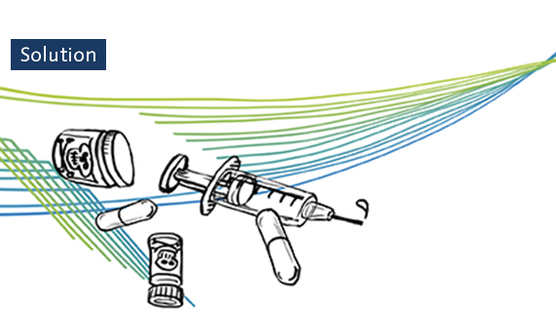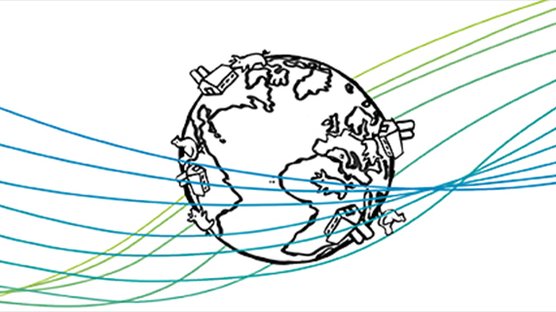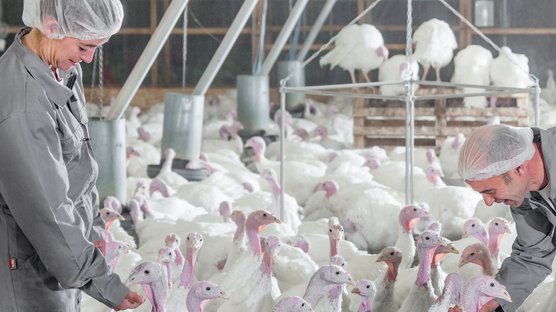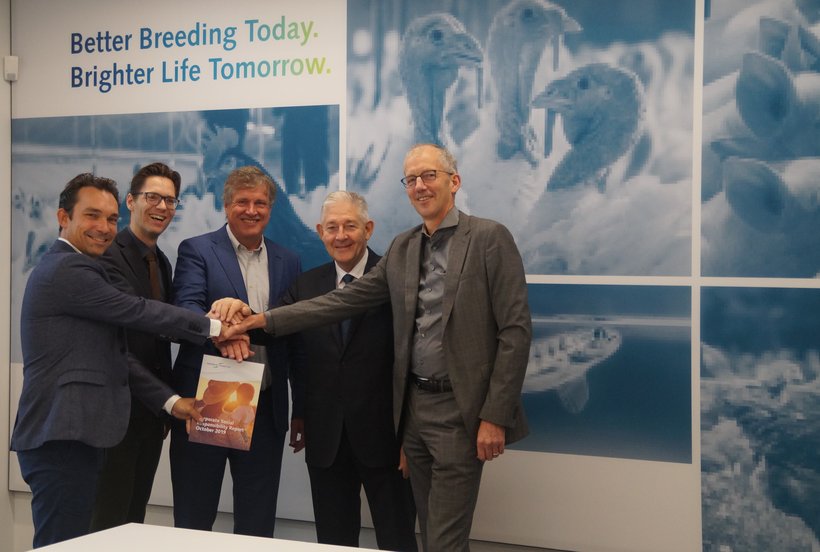
Published on Oct. 17, 2019
Introducing Hendrix Genetics’ first Corporate Social Responsibility Report
Hendrix Genetics has issued its first Corporate Social Responsibility (CSR) report. Hendrix Genetics contributes to food security and supports the animal protein value chain with innovative and sustainable genetic solutions. Our report which we launched today on World Food Day gives more details on our activities. Each October 16, the Food and Agriculture Organization of the United Nations organizes World Food Day to draw attention to the worldwide issue of food security. This year’s World Food Day calls for action across sectors to make healthy and sustainable diets affordable and accessible to everyone. To mark the occasion of World Food Day, we are pleased to present our first CSR report.
Watch our video to learn more
Contributing to a sustainable future
Hendrix Genetics is committed to contributing to a sustainable future. Our CSR report presents an overview of the company’s efforts in making a difference. To create a more sustainable future, we focus on eight material stakes:
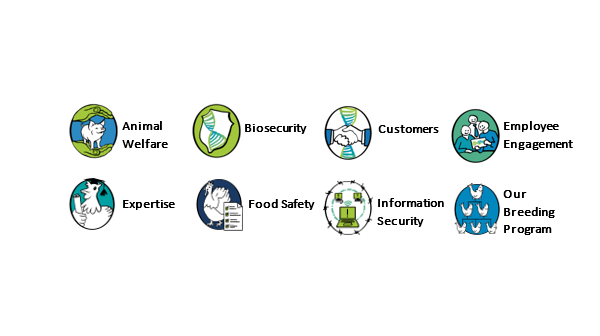
By focusing on these material stakes, we will do our part in addressing the world’s Sustainable Development Goals (SDGs) including Zero Hunger. With this CSR report, we show how we are contributing to the SDGs and how we continue to drive our actions.
Our approach
This CSR report outlines our approach to sustainability. We aim to help feed a growing world population in a sustainable manner by delivering a positive and lasting impact on the animals we breed, the people we work with, and the environment in which we operate. To support this ambition, we have defined our sustainability focus areas and accelerated efforts to more fully integrate sustainability as part of our business strategy and daily activities. We have started with CSR reporting, resulting in this very first report.
As actions speak louder than words, the report contains examples of how we are contributing to “Better Breeding Today for a Brighter Life Tomorrow”. Projects range from the SAPPSA project in Africa to help smallholder farmers, to our partnership with Protix on insect breeding.
Our involvement
Hendrix Genetics helps the world meet a growing demand for food by supporting the animal protein value chain with innovative and sustainable genetic solutions. With respect and care for people, animals, and the environment, Hendrix Genetics is committed to delivering better breeding today, for a brighter life tomorrow.
We are faced with an enormous challenge to feed an expected 9 billion people by 2050 without compromising environmental integrity or public health. Hendrix Genetics is focusing on “breeding for the future” to be a major force in this “Great Food Transformation”. We are committed to contribute to a sustainable future. This CSR report presents an overview of the efforts of our company to make a difference.
Our commitment to sustainability is one of the foundations of our company, and I am pleased that this dedication can now be quantified in this report. The SAPPSA (Sustainable Access to Poultry Parental Stock to Africa) project is an excellent example of making an impact on the common good. We are proud that this project has been awarded a multi-year grant from the Bill & Melinda Gates Foundation

